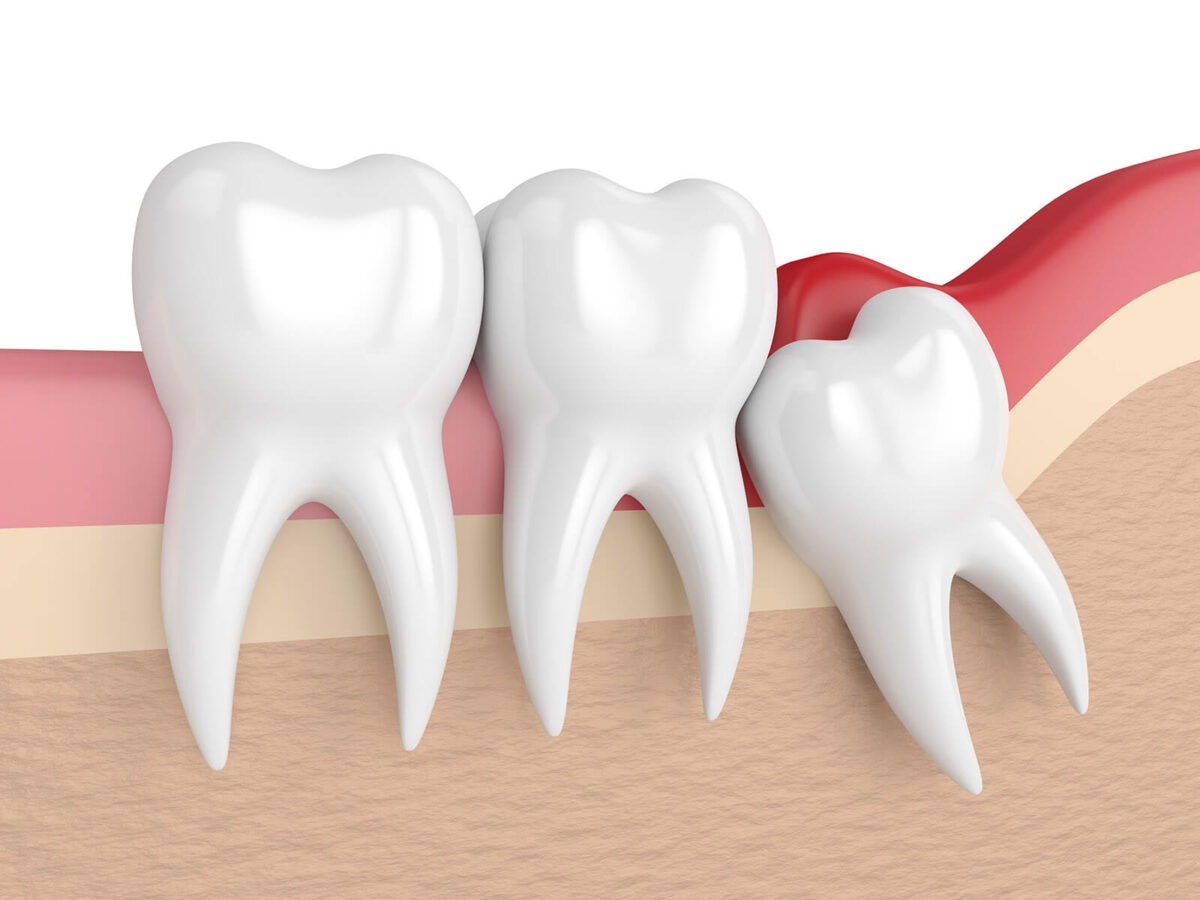Blog
Dental hygiene tips for healthy teeth & gums

6 Wisdom Teeth Removal Recovery Tips
If you are planning to undergo surgery for the removal of your wisdom teeth or have had the surgery done, then you might need some tips on how to go through with this. It is essential to note that while wisdom teeth surgery can be beneficial to your overall health, the post-oral operation healing process can be rather challenging, especially without a good plan in place. Here are six tips from Crosby Family Dental to make your healing as trouble-free as possible.
1. Apply Gauze and Pressure
The need to form blood clots at the removal site poses one of the most critical factors that would facilitate the much-needed fast recovery. This aids in sealing up the wound and keeping it clean to reduce the chances of contracting a dreaded dry socket, which is characterized by a dislodged blood clot in an extraction site. At the same time, the other tissue within the gum recedes to create a permanent seal on the wound.
To facilitate the formation of such blood clots, which solidify the blood, a lump of gauze must be applied on top of the specific area that has been removed. Take hold of the syringe with one hand and the gauze with the other and bite it lightly so that it cannot be removed easily. This gentle pressure also helps occlude the blood vessels to ensure the blood clots are formed faster.
Remember not to apply too much pressure on your teeth. The blood clot cannot form if you force the gauze deep into the wound because there will be no room for it to develop. It could also cause this to resurface again or rather reopen the wound.
Keep doing this until bleeding ceases, which should take about 5 minutes. Do this if the bleeding starts again.
2. Stop The Removal Site As Soon As You Notice That It Is Iced
We should also note that the tone of blood vessels is crucial to the prevention of edema and hematomas. It’s good practice to apply ice (externally) on the removal site area immediately. The ice will also aid in inflammation by regulating the blood vessels.
It should be done for 20 minutes with a 20-minute break to ease off the facial muscles. Practice this repeatedly when you can during the initial 48 hours following the surgery. Ask your dentist for his or her particular recommendations concerning the use of ice.
3. Take Your Meds
When talking about what your dentist has told you, inquire what pain medication he or she has for you if none was mentioned earlier. However, in general, numerous patients find that the use of over-the-counter drugs is the most potent approach toward controlling the pain after the extraction of the impacted teeth. The tightness and soreness of the muscles in the region where the wisdom teeth surgery was done may also be cramped. One should consult with the dentist or the oral surgeon to ensure that pain is well managed and any medications needed after multiple extractions are discussed.
General soreness after surgery, individual ability to tolerate pain, and response to certain medications are unique to everyone. In some cases, patients may only require treating the pain with nonprescription medicines, such as ibuprofen or acetaminophen. Other patients require prescriptions. Furthermore, patients get nauseous and develop other unpleasant side effects from prescription drugs such as Vicodin. Such side effects may even be more intolerable than the pain felt after the surgery operation.
Finally, only your dentist can (and will) advise on how to deal with pain in your case because the causes of pain may differ from person to person. That is why you need to be very careful about the prescription the dentist gives you concerning the medication to take after the surgery.
4. Rest Up
When it comes to the healing process, it has often been said that the more rest one can have, the quicker his body will heal from the injuries. Healing or tissue repair uses energy; that is, rebuilding the damaged tissues requires energy. If you are very active, your body requires energy to support other activities, which implies that it will dig into its energy reserves. That means your body cannot afford to spend as much energy to heal the tissue, and the healing process is gradual.
At the same time, your body has nothing better to do with stored energy when you are asleep than to work on your injuries. Therefore, get as much rest as possible, particularly within the first few days after surgery. In the absence of sleep, one should refrain from activities that entail physical exertion of the body. Indeed, plan for several days of your favorite couch potato activities. It could be reading the series or favorite novels, watching Netflix, or a movie marathon.
It’s important to point out that resting affects how quickly a person heals after a complex operation on the third molar. It is advisable to avoid any activities that may interfere with the process of blood clot formation in the specific site of the surgery or exert pressure on your jaw.
5. Keep Eating
One must also not forget that the body’s energy for healing is drawn from the food one takes. This is why you should ensure you get the right pain relief medication. If you are feeling nauseous after taking your medicines or in so much pain that you cannot even eat, you will not get the energy to heal up quickly.
However, no matter what, you should have enough calories to support recovery. During this time, attempt to eat foods that are good for you within the process and eat anytime you feel well. You need to eat at least the amount of food that can be considered normal for you.
6. Ensure That the Removal Site Is Kept Clean
Lastly, the wound must be kept clean through your mouth to avoid being infected by bacteria and other pathogens. However, following any teeth extraction, mainly the third molar surgery, it is necessary to maintain the area sterile to reduce the likelihood of post-operative issues such as gingivitis. Of course, you also can’t brush as hard and fast as you normally would, or you will remove your blood clots.
One must, therefore, be very careful while brushing, especially around the mouth area where the procedure was done. Your dentist may request that you not brush your teeth until the day after the surgery. Consult your dentist on how to brush and maintain oral hygiene without interfering with the blood clot or leading to a dry socket.
The experts at Crosby Family Dental recommend doing a saltwater gargle for the first day or two to clear your mouth out. Do not rinse with mouthwash, and do not vigorously rinse. This rinsing should be done after meals and at least once or twice throughout the day.
Summing It Up
So whether it is yourself or a loved one who is experiencing this particular phase of life with the removal of their wisdom teeth, we are sure that something in this guide has eased the process a little. Do not hesitate to schedule an appointment with Crosby Family Dental or call us with any inquiries you might have.


